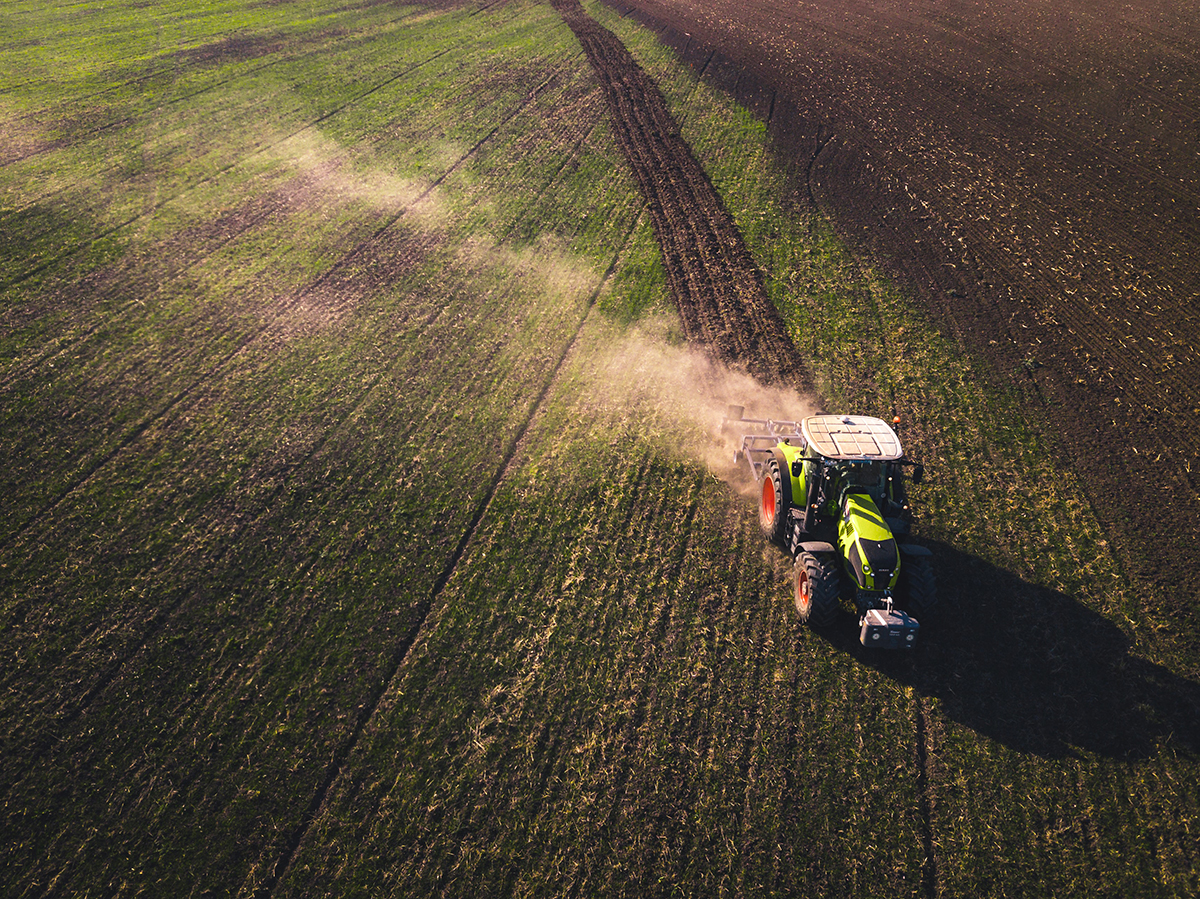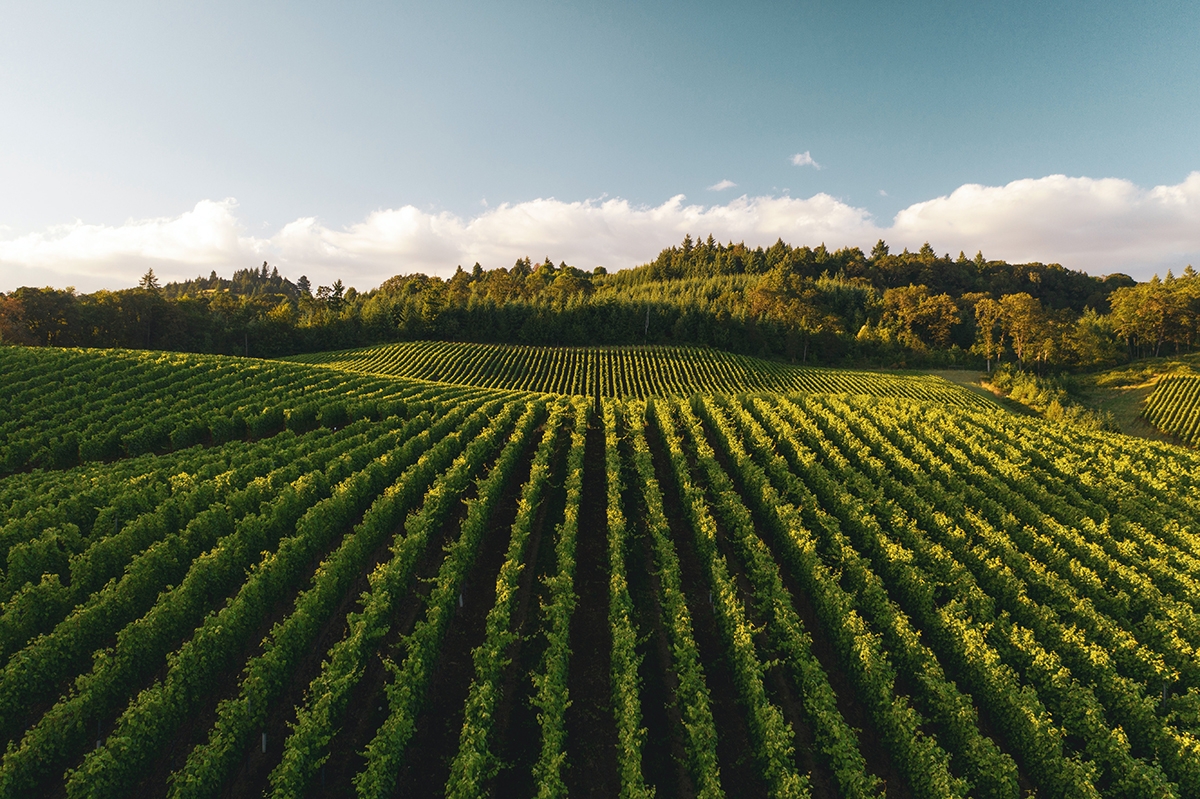Biochar is produced from renewable biomass via pyrolysis. In the absence of oxygen, biomass is heated up to high temperatures, so the volatile parts of the biomass turn into syngas, which is converted to energy (electricity & heat), and the carbon (CO2) is left as a charcoal-like material.
If that biochar (CO2) is put into the soil, it remains stable for over 1,000 years.


With that, the CO2 is successfully sequestered and does not contribute to global warming. Would the biomass had been just combusted or left to decay (composting) it would have emitted its CO2 into the atmosphere.
Farmers have used biochar for centuries as a soil amendment. Modern science tells us that biochar is also an efficient carbon sink.
Such produced biochar is highly porous and hygroscopic and is able to store liquids, for example, fertilizers, and thus reduces nutrient run-offs and keeps moisture in the soil. It also contributes to the increased development of soil organic matter, which to a large degree is responsible for fertility in the soil.
What are the Benefits
of Using Biochar?
There are many benefits to utilizing and implementing biochar. Especially in agriculture biochar shows its benefits by:
Taking away the odor (methane) from dairy cow waste lagoons and thus reducing their methane emissions by up to 79%, according to recent Californian research.
Increasing meat quality and production of farm animals.
Increasing the fertility of the soil.
Reducing costs for vets and medicines when fed to farm animals.
Using it as feed additive with cows — biochar reduces enteric methane emissions from cows by up to 50%.
Increasing the milk production of dairy cows.

